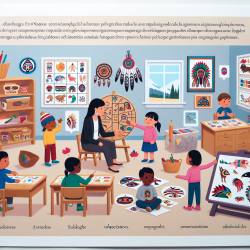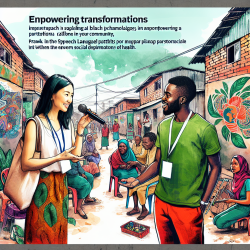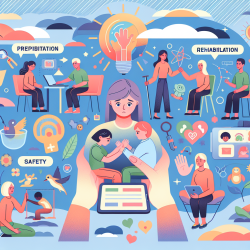Psychological research has long contributed to our understanding of gender-based violence (GBV) and the complexities surrounding sexual consent. According to the World Health Organization (WHO), 35% of women worldwide have experienced some form of physical or sexual violence. This statistic underscores the urgent need for effective consent education, starting from a young age.
One of the critical insights from the research is the distinction between verbal and non-verbal consent. Traditional approaches have focused on verbal cues, such as "no means no" or "yes means yes." However, this research emphasizes the importance of considering communicative acts beyond mere words. For instance, a "yes" given under coercion or institutional power is not genuine consent.
To implement these findings effectively, practitioners should consider the following strategies:
- Comprehensive Consent Education: Incorporate lessons on both verbal and non-verbal consent, ensuring that children understand the nuances of enthusiastic and informed agreement.
- Contextual Awareness: Educate children about the impact of power dynamics in relationships, such as institutional power (e.g., teacher-student) and interactive power (e.g., peer pressure).
- Empowerment and Agency: Encourage children to recognize and assert their boundaries, fostering a sense of autonomy and self-respect.
- Support Systems: Establish robust support systems within schools, including trained counselors and accessible reporting mechanisms, to help children navigate and report instances of coercion or abuse.
Moreover, practitioners are encouraged to stay abreast of ongoing research in this field. By continually updating their knowledge and strategies, they can better support children in developing healthy, respectful relationships.
To read the original research paper, please follow this link: Contributions From Psychology to Effectively Use, and Achieving Sexual Consent.










